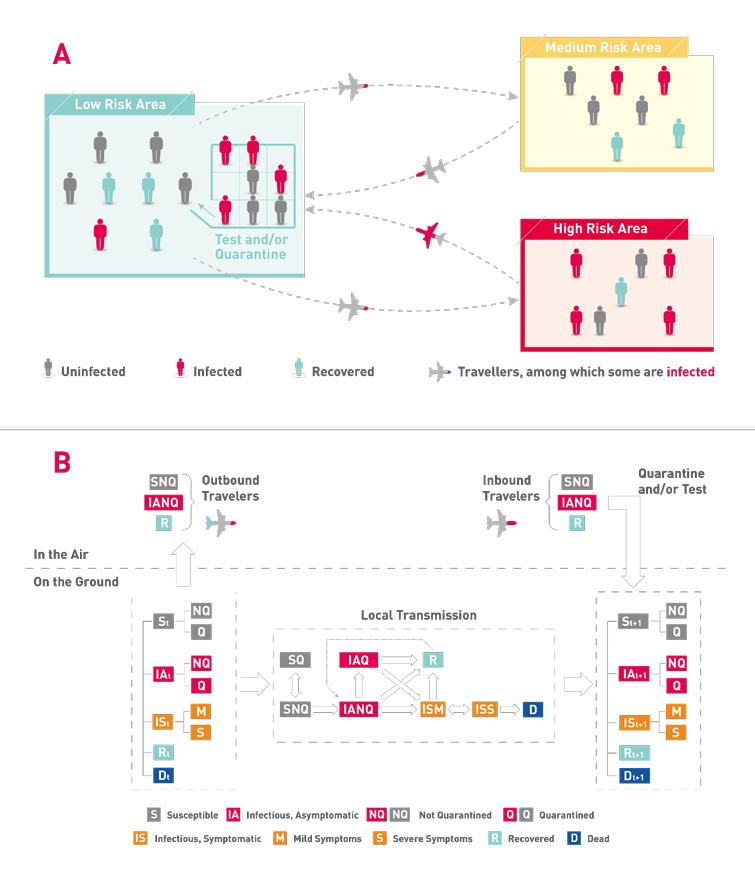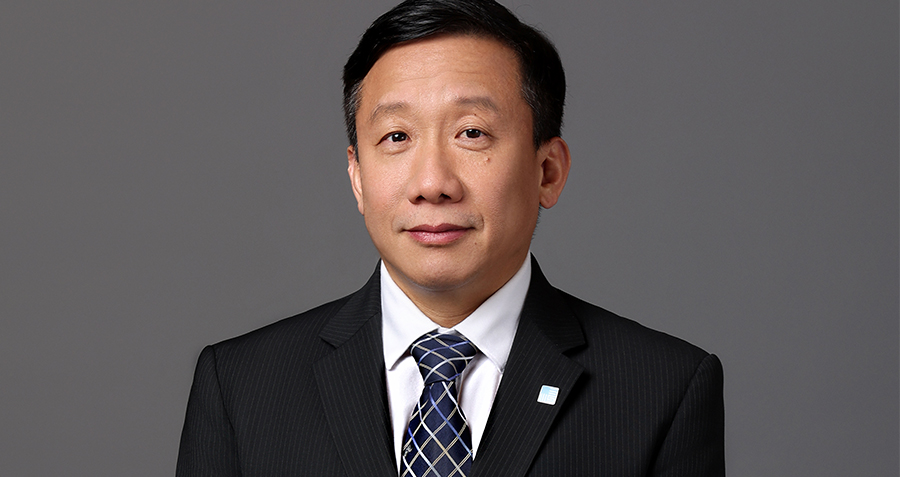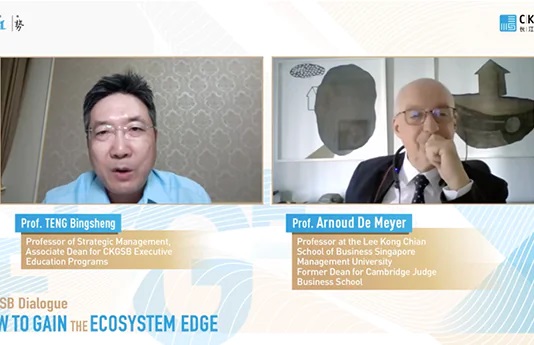(Beijing, April 1, 2021) With the COVID-19 vaccine being rolled out, many local and national governments are assessing how to safely reopen their economies while curtailing the number of positive cases. Professor of Economics, Zhong Ling, at the Cheung Kong Graduate School of Business (CKGSB) has developed a model framework which takes into account multiple epicenters that allows policymakers to simulate outcomes and guide reopening strategies. The model could offer policymakers the tools to quantitatively assess reopening policies prior to implementation. Dr. Zhong’s research paper, “A Dynamic Pandemic Model Evaluating Reopening Strategies amid COVID-19,” was published in The Public Library of Science ONE (PLOS ONE).

Zhong expands on previous research to build a mathematical model for a realistic scenario in today’s context, in which an area with low domestic epidemic risk wants to reopen its border amid risks of importing cases from multiple areas. In the model setting, the spread of the virus in each area depends on the nature of the virus, the area’s internal and external policies, and the characteristics of inbound travelers. The model features time-varying policies in an area with relatively lower pandemic risk. The policies include social distancing that affects infection rate, contact tracing, and self-isolation of susceptible people, as well as the area’s testing accuracy, travel restrictions, and the quarantine and testing policy on travelers.
The model setup highlights the impact of government initiatives in the low risk area which answers a set of very timely questions asked by academic researchers and policymakers: what are the quantitative effects of various reopening strategies? How do specific reopening policies interact? Does the public health objective counter with the economic objective? The paper bridges epidemiology and public policy to evaluate proposed government interventions and provides quantitative insights for policy design. It also contributes to the reopening strategy amid the COVID-19 pandemic by demonstrating the functionality of the theoretical model in a real-world context.
Using the model, policymakers are able to test a combination of scenarios for reopening. For example, extending the quarantine period can partially compensate for the lack of testing and in most cases, local infection rates dropped by about 80%. This comparison shows that testing and quarantine can help with reducing the number of cases, especially when the infection rates in the traveler’s departure area are significantly worse than the destination. Considering these two parameters are complementary to each other, the negative impact of less testing can be offset by extending quarantine.
The article is “A Dynamic Pandemic Model Evaluating Reopening Strategies amid COVID-19,” by Dr. Zhong Ling. It appears online in The Public Library of Science ONE (PLOS ONE). Link: https://journals.plos.org/plosone/article?id=10.1371/journal.pone.0248302
Full text of this paper is also available to credentialed journalists upon request. Journalists who would like to interview Dr. Zhong should contact Jessica Wang at jessicawang@ckgsb.edu.cn for further details.




















